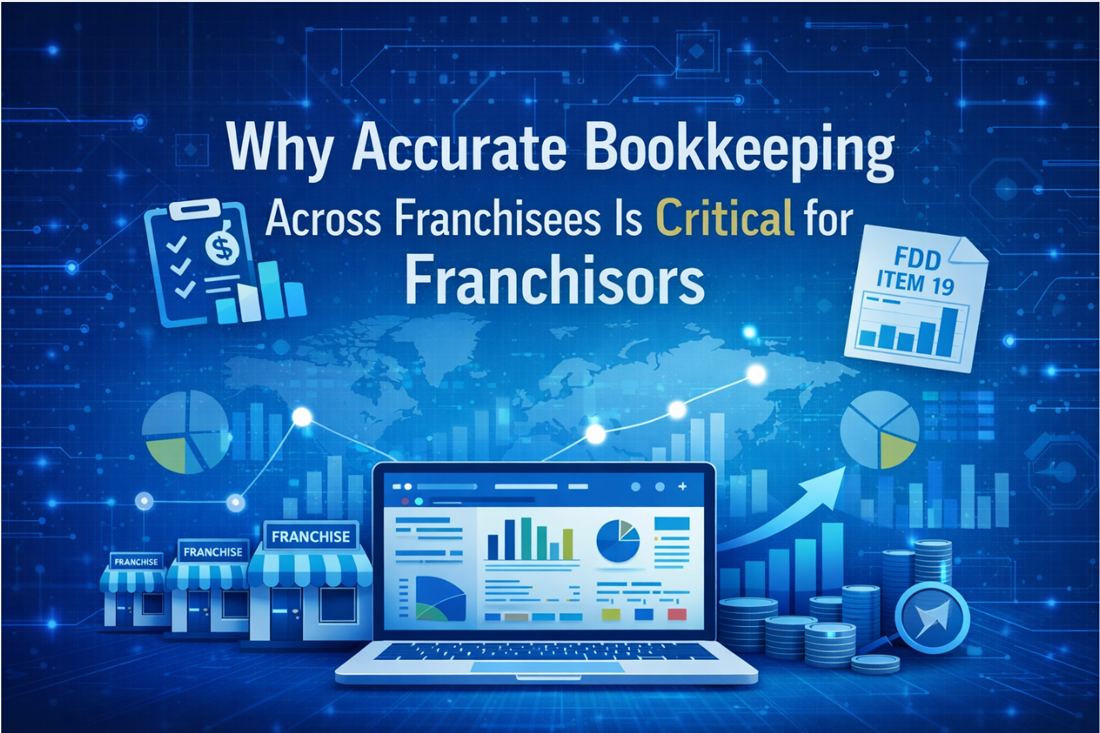Editor’s Note: This post was originally published in February 2017 and has been revamped and updated for accuracy and comprehensiveness.
You know that filing taxes can be stressful even in the best of times, but as a restaurant owner, tax time can leave you feeling in the weeds because your deductions are exponentially more complex. Never fear, though, because xendoo is here to help. If you aren’t yet taking advantage of our full suite of professional business accounting services, here are a few quick restaurant tax tips for filing returns that can help save you some headache and money.
1. Document, Document, Document!
Did we mention that you need to document everything? One of the best restaurant tax tips is to document and keep every invoice, every check stub, and every e-mail, no matter how inconsequential you might think it is at the time. You just never know when you might need to produce that little receipt during an audit, and running across a receipt might even remind you of something that you almost forgot to deduct. Set up a sound filing system where you can locate any tax documents you might need by vendor or category and keep it up to date.
2. Deduct All Food and Beverage Expenses
Since food cost is almost certainly your largest expense category (with the possible exception of labor), you should be deducting the cost of everything on your menu as an ordinary and necessary cost of doing business. But it’s not just the actual ingredients that you can write off. You can also deduct the cost of preparation materials like fryer oil and condiments, as well as any food that you have to throw out because it’s expired or spoiled. This is one restaurant tax tip that can take the sting out of tossing out old produce.
3. Deduct All Employee Compensation
Payroll is your other big expense category, and it’s deductible as an ordinary and necessary expense because obviously, your business can’t operate without staff. But, again, it’s not just the weekly payroll that you get to deduct. You can also deduct the cost of any employee discounts on meals, paid vacation or sick days, and any dental, vision, health, life, or other types of insurance you might provide for your team members. However, business owners don’t generally get to count salaries or benefits to themselves as deductions because doing so would essentially make any profits from the business tax exempt.
4. Deduct Mileage and Business Travel
Do you or any of your employees drive a personal vehicle as part of the business? Are you maybe making deliveries or picking up supplies? What about to or from training events? If you have any sort of driving directly related to your business, you can deduct that at the current standard mileage rate. But be careful—this is an often-abused deduction, so your documentation of it needs to be meticulously maintained. Driving to and from work doesn’t count as a business expense. Use either a separate ledger or a smartphone app that’s designed to track mileage. Also, if you have overnight travel for training, food shows, conferences, or other business-related events, you can deduct hotel and food expenses, as well.
5. Deduct Large Equipment Purchases
Under a 2016 change to the tax code, you can now deduct the total cost of certain equipment purchases up to $500,000 for the year of purchase instead of depreciating equipment over time in the traditional manner. Known as the ‘Section 179 deduction,’ this change is meant to ease the cash flow for small businesses. It covers a wide array of equipment such as computers, office furniture, vehicles, and machinery. That means the new walk-in cooler you just bought because the old one finally bit the dust can start working for you right away.

6. Take Advantage of the Work Opportunity Tax Credit
Many business owners aren’t aware that the tax code rewards employers for hiring people from certain groups that have historically had difficulty finding employment. Known as the Work Opportunity Tax Credit (WOTC), these groups might include military veterans, summer youth employees, long-term unemployment recipients, rehabilitated felons, residents of designated Empowerment Zones, and many others. This restaurant tax tip is an excellent way to save your business some money while contributing to the community through socially responsible hiring practices.
7. Make Use of Enhanced Charitable Deductions
With a handful of exceptions, the IRS allows businesses to deduct donations to §501(c)(3) nonprofit organizations just like individuals do, including some enhanced deductions specifically for restaurants donating food. Take advantage of these types of restaurant tax tips can be a little tricky, though, so you probably want to hire a small business accounting firm like xendoo to help navigate these waters safely. You can’t deduct staff time or the total fair market value of the food, but these deductions can still help boost your profit margin significantly.
8. Track Employee Tips Meticulously
Reporting credit card tips is pretty easy since they are tracked through the POS system, but cash tips can get messy. It’s the responsibility of servers to report their tips accurately, but if they don’t report cash tips, the IRS will assume an 8% tip rule. In cash sale situations, the business owner’s responsibility is to withhold 8% of the employee’s cash sales as an assumed tip, and liability for failure to do so could land on the employer. It’s a good idea to go over these rules with your team because you also have to file a Form 8027 each year, and the IRS expects to see accurate records, so it’s in everyone’s interest to pay attention to this one.
These restaurant tax tips are a good start for any business owner, but bookkeeping for restaurants isn’t for the faint of heart, which is why xendoo is ready to help with our affordable bookkeeping and accounting services. Instead, it would be best if you spent your time growing your business and let our team of experts lift the tax burden and do what they do best.
[av_sidebar widget_area=’Blog Post Disclaimer’ av_uid=’av-om2w’]










